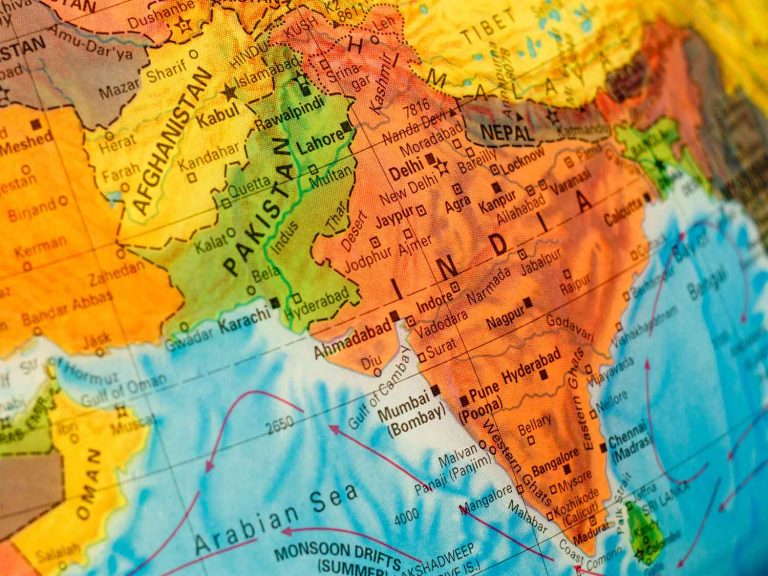
Date:
India and Pakistan Impose Cargo Bans
The fragile balance of South Asia’s supply chain network has been thrown into disarray after India and Pakistan imposed tit-for-tat bans on each other’s cargo.
The diplomatic standoff, triggered by recent violence in Kashmir and subsequent military exchanges, has sent shockwaves through ocean freight and air cargo networks, with the full extent of disruption still unfolding.
The restrictions have led to widespread delays and rerouting of vessels. India’s decision to prohibit ships carrying Pakistani cargo from docking at its ports has forced carriers to divert to transhipment hubs such as Colombo, creating congestion and adding time and cost.
Pakistan’s blanket ban on Indian goods in response has only compounded the uncertainty. Vessels already en route have been left scrambling for alternative discharge options, while planned schedules are being hastily redrawn.
Space shortages are emerging on regional sailings as shipping lines juggle altered rotations. Delays have rippled into feeder services and inland supply chains, resulting in longer transit times and missed delivery windows. Importers with urgent supply chain needs, such as fast fashion and electronics, face particular challenges as they attempt to secure scarce space at short notice.
The congestion has already pushed freight rates higher, with emergency surcharges now being levied on Pakistan-bound cargo by some carriers. We expect other shipping lines to follow suit as the cost of rerouting and delays continues to mount. Rates out of India, which had been steadily rising in the weeks prior to the crisis, are now expected to surge further.
The disruption has also spilled into the air cargo sector. Major airlines have started diverting flights to avoid Pakistan’s airspace, leading to longer flight times, higher fuel costs, and mounting pressure on capacity across Asia-Europe and Asia-US routes.
While two-way trade between India and Pakistan is relatively small, the standoff has had far wider implications. Third-country shipments caught between the two jurisdictions have been caught up in the diplomatic crossfire, with containers stranded or forced to take circuitous routes at significant extra cost.
With no immediate diplomatic solution in sight, supply chain stakeholders are preparing for ongoing uncertainty. Carriers are assessing whether to restructure service loops or add additional calls to alternative ports such as Jebel Ali to minimise customer disruption. However, the fallout comes on top of existing challenges, including ongoing Red Sea-related delays and persistent global port congestion.
The bans underline how geopolitical flashpoints can rapidly cascade into global supply chain instability. For cargo owners and logistics providers, the India-Pakistan crisis is a stark reminder of the need for flexible routing strategies and contingency planning in an era of growing geopolitical risk.
Geopolitical tensions and unexpected port bans can severely disrupt supply chains, as the India-Pakistan cargo restrictions have shown. In these uncertain times, it is critical for cargo owners to ensure that their marine insurance policies are robust and offer continuity of cover under all circumstances. We strongly advise all shippers to review the fine print and clauses of their insurance to avoid costly gaps in protection.
At Metro, we can help you safeguard your supply chain and navigate today’s complex global shipping environment with confidence. EMAIL Andy Smith, Managing Director, to discuss how we can support your business with risk management strategies, secure freight solutions, and expert guidance on marine insurance best practices.
